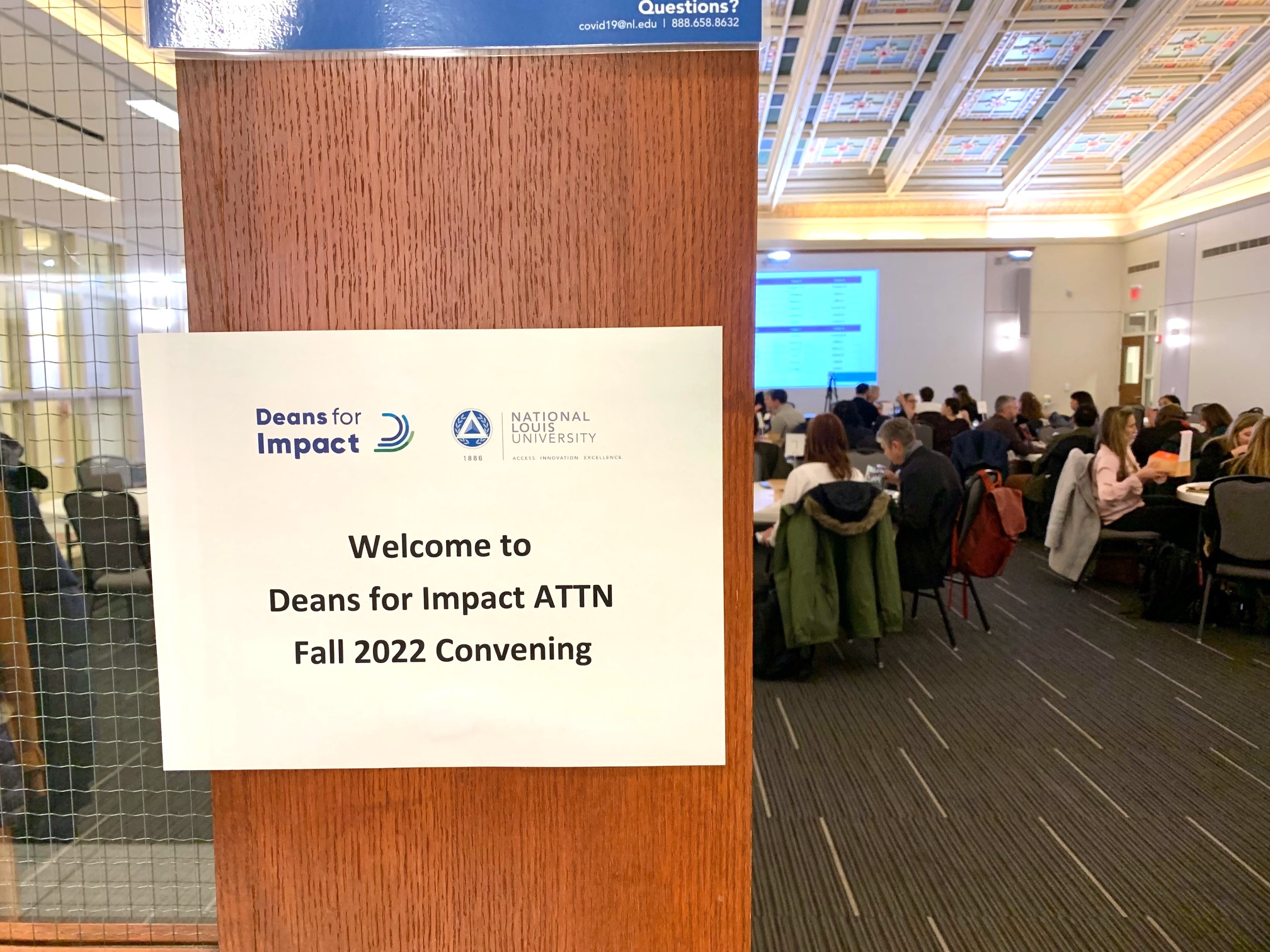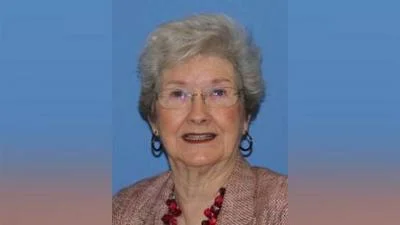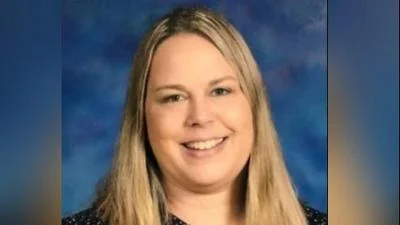NLU and the National College of Education have joined the Aspiring Teachers as Tutors Network (ATTN), a national collaborative of high-quality tutoring initiatives facilitated by national non-profit organization Deans for Impact. NLU is among 21 programs participating in the network, which aims to increase the number of aspiring teachers serving as high-impact tutors in K-12 schools and strengthen the instructional skills of future teachers.
The pandemic has significantly disrupted K-12 students’ quality of learning over the last two and a half years, disproportionately impacting students in historically marginalized communities. As education leaders work to catch students up academically, many have gravitated to tutoring as an effective intervention. State and district leaders seeking out high-dosage tutoring programs have a vital opportunity to simultaneously support students and strengthen and diversify the teacher workforce.
By mobilizing aspiring teachers as tutors, the ATTN answers the Biden-Harris administration’s call for more high-quality tutors and supports the preparation and retention of future teachers. Providing aspiring teachers with more practice-based training through tutoring will supply them with a clearer understanding of the teaching experience and sharpen their instructional skills ahead of leading their own classrooms.
“Aspiring teachers, and the programs that prepare them, are critical to America’s educational recovery,” says Valerie Sakimura, executive director of Deans for Impact. “The Aspiring Teachers as Tutors Network represents a unique opportunity to bring together educational leaders at all levels committed to organizing learning in a way that supports both future teachers and K-12 students, especially our most vulnerable.”
Participating programs have ongoing opportunities to share best practices and resources in tutoring and teacher preparation, connect with other education leaders across the country, generate and analyze evidence, and seek policy solutions to local teaching and learning challenges.
The network is funded by Accelerate, a nonprofit organization that seeks to embed high-impact tutoring programs into public schools now and for the long term, as part of a broader national effort to develop and scale sustainable, cost-effective, high-impact tutoring models.
NLU’s Partnership with Roosevelt University’s Metropolitan Chicago Tutoring CorpsClick here to learn more
Networking Convening in Chicago (Nov 2022)
On November 16 and 17, 50 members of the 21 ATTN programs attended an in-person convening hosted by NLU at their downtown Chicago campus. Attendees visited current tutors from Northern Illinois University, met tutor and current teacher candidate Caryn Swann who also sat on a panel during the convening, heard from Connected Workforce co-founder Ashley Bencan about other tutoring networks throughout the US, and had ample time to work together and collaborate with other members to enhance their current tutoring programming. Carolyn Theard-Griggs, NCE Dean, had this to say about the event: “The convening was absolutely wonderful. We learned a great deal from colleagues across the country, leaving us with much to consider and aspire to as our team moves forward in the development of future tutoring opportunities for our teacher candidates."
About Deans for Impact
Deans for Impact is a national non-profit organization committed to ensuring that every child is taught by a well-prepared teacher. Deans for Impact is building a movement to make pedagogy a priority in the way teachers are prepared. It does this by connecting leaders of educator-preparation programs, helping them to transform programs and influencing policy that affects their work. Guided by principles of learning science, Deans for Impact creates collaborative spaces that address real problems of practice, and provide concrete examples while recognizing the importance of local context. Deans for Impact aims to help teachers create rigorous, equitable and inclusive classrooms–so that all children thrive. For more information, visit deansforimpact.org.

Original source can be found here





 Alerts Sign-up
Alerts Sign-up